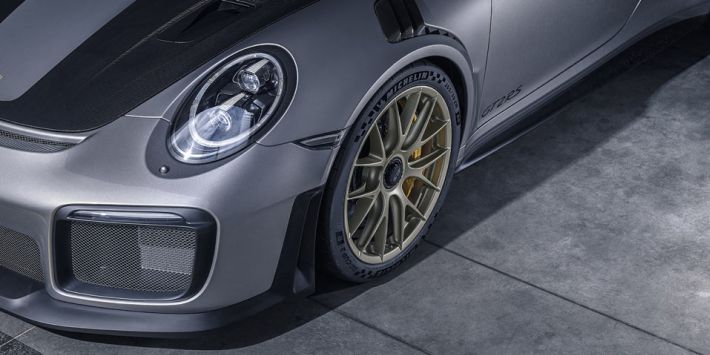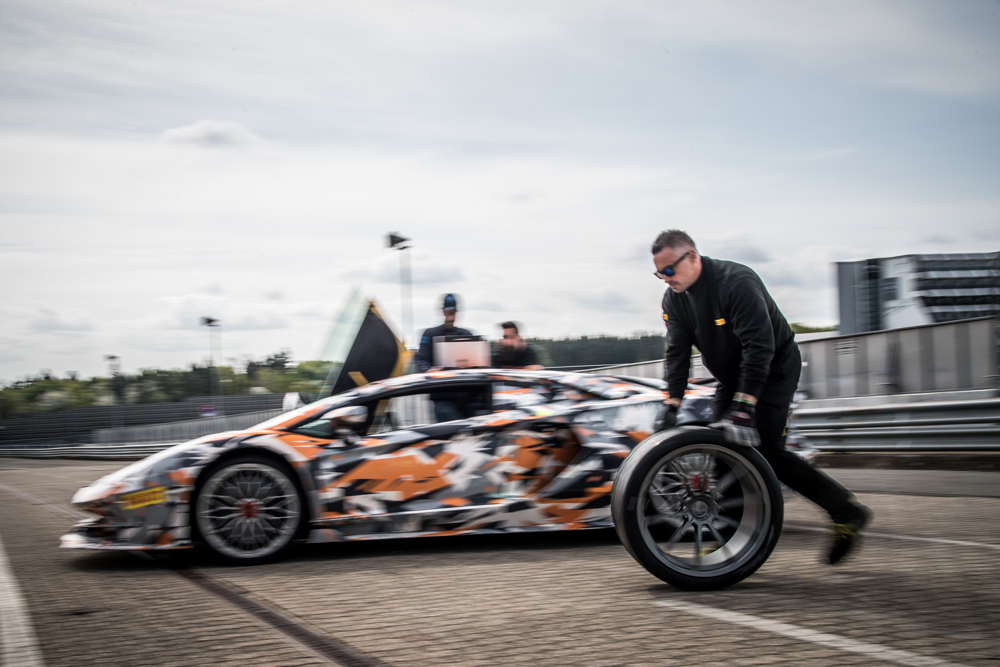Many sports tyres are no longer compliant with European standards as they are considered too consumerist. Nevertheless, their future is not in jeopardy in a market that has become denser in recent years.
Since1 November 2018, tyre manufacturers can no longer produce tyres rated F and G in their fuel efficiency. Several semi-slicks have been impacted by this tightening of regulations. Amongst other references for racing or sports tyre enthusiasts, the Toyo R888 (as well as the more radical R888 R), the Nankang NS-2R or the Yokohama AD08R are rated F or G. The same is true for Michelin, where the Pilot Sport Cup 2 is no longer compliant in certain dimensions. But they are not doomed to disappear for all that.
Although the arrival of this measure may seem sudden, manufacturers have been preparing for it for several years. Above all, they have a period of 30 months (until April 2021) to bring the tyres concerned up to standard. During this transitional phase, the sale and use of manufactured stocks remain permitted. Most of the semi-slicks affected will be updated by the manufacturers. It remains to be seen whether these adaptations will enable equivalent levels of performance to be maintained. On this point, the latest developments in sports tyres are reassuring.
Tyres already brought up to standard

It remains to be seen whether these adaptations will make it possible to maintain equivalent levels of performance. On this point, the latest developments in sports tyres are reassuring. At Michelin, the new Pilot Sport Cup 2 R, developed with Porsche and classified E, is a real time killer. Compared to the classic Pilot Sport Cup 2, the manufacturer announces a gain of more than half a second per kilometre on dry ground... Enough to make the competition pale. At the rival Pirelli, the top of the range P Zero Trofeo R which was labelled F has already been brought up to standard, according to our information.

The Pilot Sport Cup 2 R is currently only available on the Porsche 911 GT2 and GT3 RS and the Ferrari 488 Pista
Especially since the major manufacturers such as Pirelli have partnerships with well-known manufacturers. More generally, semi-slicks are offered as standard on many sports cars, starting with compact cars. The market has never been so buoyant. The major tyre brands therefore have no interest in abandoning a rapidly growing segment. Through technical developments and chemical processes, manufacturers have the means to meet the new ecological thresholds without affecting the tyre's grip or wear qualities. The transition may take a little longer for second-tier manufacturers, who have fewer resources. But the offer should not diminish, and this despite the new, increasingly strict European standards in terms of emissions and consumption.

Recent comments